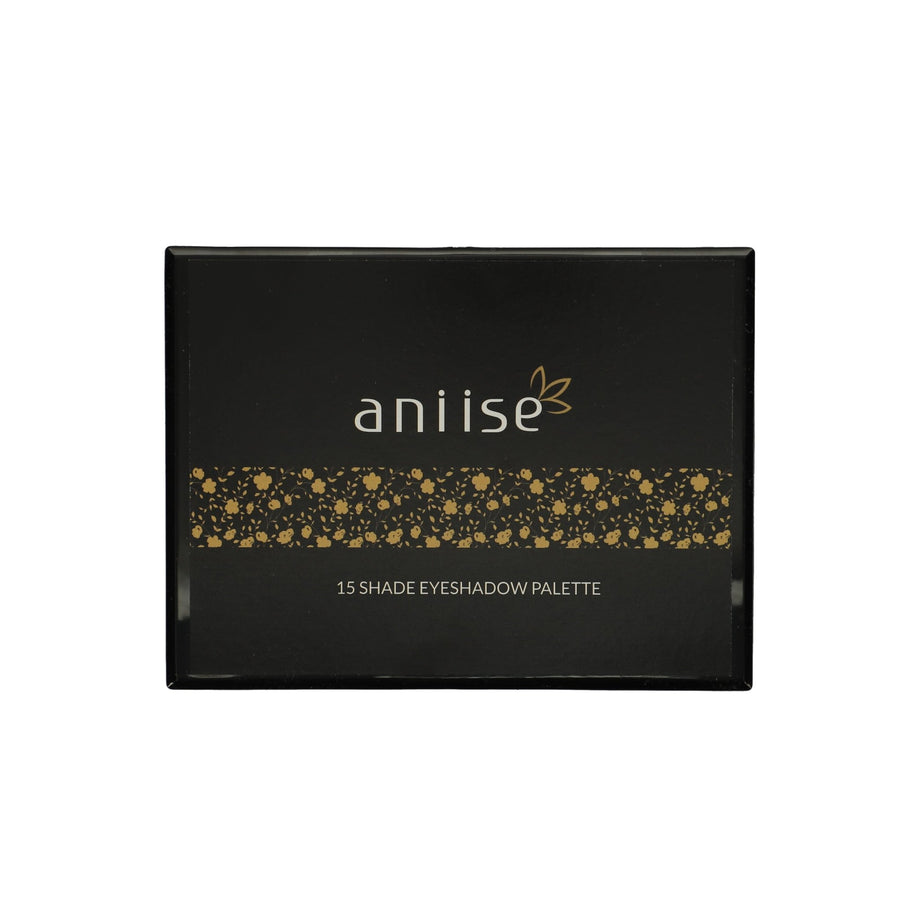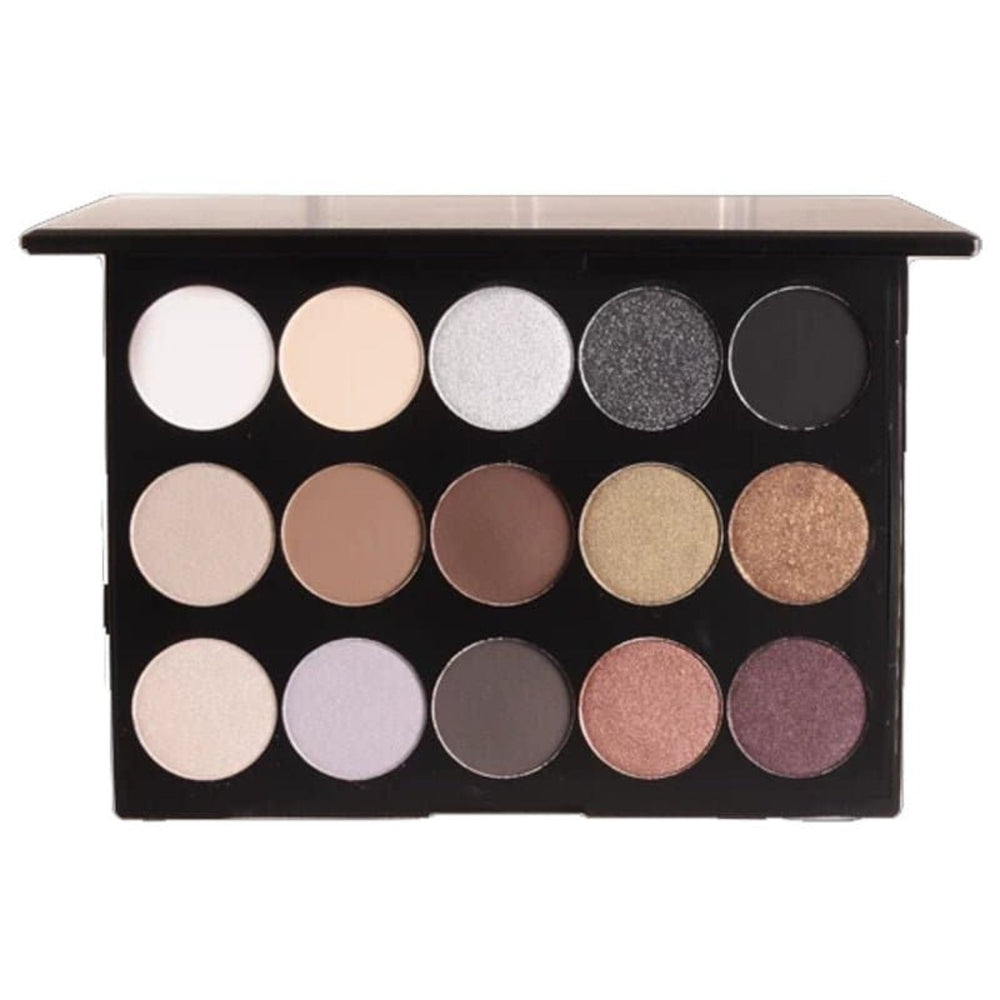How PCOS Affects the Skin and What You Can Do About It
As the human body's largest organ, the skin can be a good indicator of our general health. This is particularly true for women with polycystic ovarian syndrome, or PCOS. PCOS can manifest in various dermatological challenges, from acne to excessive hair growth, impacting the confidence and well-being of those affected. In fact, one study found that in women with PCOS, the prevalence of adult acne is 1.6-fold higher than in the general female population.
In this article, we'll look at the relationship between PCOS and skin health, and shed some light on ways to address and alleviate these effects.
PCOS and its effects on the skin
PCOS is a common endocrine disorder that affects women between the ages of 15 and 35 years old and is characterized by hormonal imbalances that can lead to a variety of symptoms. Some of its symptoms have a myriad of potential causes, making PCOS difficult to diagnose. Yet, research indicates that this chronic condition affects approximately 5% to 10% of women of reproductive age.
Women with PCOS often experience heightened androgen levels, such as testosterone, which can lead to a range of dermatological manifestations. Acne, hirsutism (excessive hair growth), and alopecia (hair thinning) are among the most common skin-related symptoms associated with PCOS. Notably, elevated androgen levels contribute to increased sebum production, creating an environment conducive to acne development.
The connection between PCOS, weight gain, and obesity is another crucial aspect. A study in the Journal of Gynecology Obstetrics and Human Reproduction highlights that up to 60% of women with PCOS are classified as overweight or obese. This link is bidirectional, as excess weight can exacerbate insulin resistance, a common feature of PCOS, further amplifying androgen production and subsequently worsening acne. Fortunately, there are steps you can take to manage these effects, which we'll explain in more detail below.
What you can do about PCOS-related skin issues
Tackle other PCOS symptoms
For PCOS patients also dealing with overweight or obesity, weight management is an essential component of addressing hormonal imbalances as well as the dermatological symptoms of PCOS. More specifically, weight loss can improve insulin levels and reduce androgen levels. Metformin is a PCOS weight loss medication prescribed by clinicians. It improves sensitivity to insulin, thereby counteracting insulin resistance. It's also been shown to reduce fatty tissue and help weight loss. Furthermore, a systematic review revealed that Metformin also decreases ovarian androgen production by 20% to 25%, leading to clinical improvement in PCOS-associated acne.
Try retinoid acne medication
Severe PCOS-related acne can be challenging to treat, and often, over-the-counter acne medications are not strong enough. If you've tried other types of retinoids and seen no improvements, approach your dermatologist for prescription-strength options. Oral isotretinoin or Accutane is one popular PCOS acne medication. In the Journal for Ovarian Research, one investigation noted a significant reduction in global acne scores from pre-treatment levels to post-treatment levels. It also had positive effects on ovarian volume, free testosterone level, and hirsutism. Just don't forget to apply sunscreen liberally while on this medication since retinoids make your skin extremely sensitive to the sun’s UV rays.
Follow a PCOS-friendly skincare routine
Certain behaviors can trigger or worsen acne breakouts when you have PCOS. This includes not washing your face regularly and using harsh comedogenic skincare products. As much as possible, stick to high-quality products that are vegan and paraben-free. Our line of products for acne-prone skin is a good place to start. After washing your face, use the Refreshing Cucumber Extract Face Toner to gently remove oils without causing irritation. Then, follow it up with the Normalizing Zinc Face Cream to regulate sebum production and minimize breakouts.
From targeted skincare to effective medications, the journey to combatting PCOS-related skin challenges is one of resilience and empowerment. By understanding the nuances of this hormonal disorder and its impact on the skin, individuals can make informed choices in their skincare routines, lifestyles, and overall well-being.
If you're looking for more natural skincare and beauty products, check out the rest of our products here at Aniise. Our products are vegan, paraben-free, and cruelty-free, which makes them great for a range of different skin types and issues.





